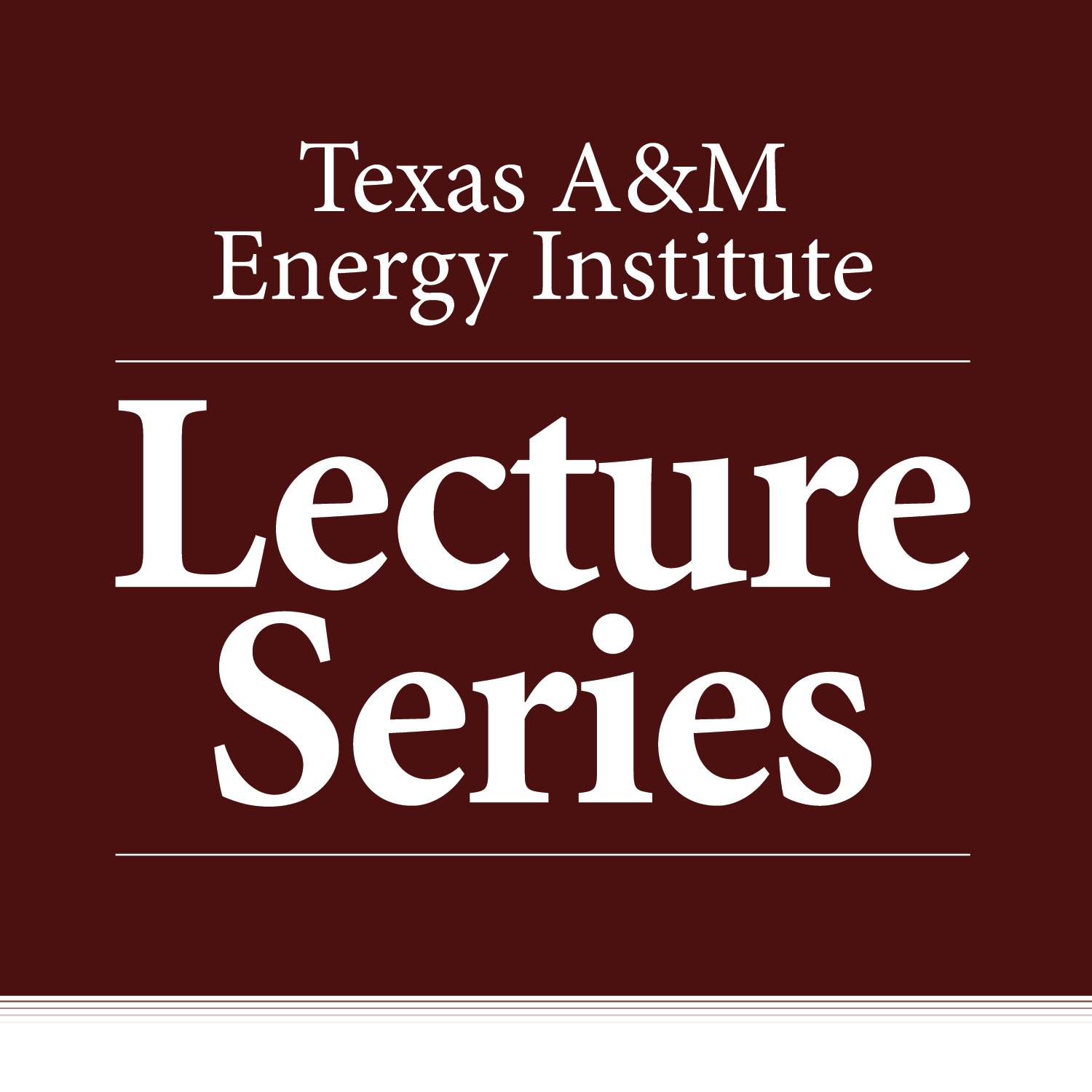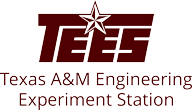
Operational Excellence with Real-time Optimization
The next presentation in the Texas A&M Energy Institute Lecture Series, featuring Dr. Rahul Bindlish, a Real-time Optimization and Nonlinear Control Leader at the Dow Chemical Company, will be held on Thursday, April 19, 2018 from 2:00 PM – 3:30 PM in the Frederick E. Giesecke Engineering Research Building (GERB) Third Floor Conference Room. The topic will be “Operational Excellence with Real-time Optimization.”
Biography
Dr. Rahul Bindlish has been leading the technology development and implementation of model predictive controllers and real-time optimizers since 1999 in different businesses at The Dow Chemical Company.
He is the recipient of the 2017 AIChE Computing Practice Award for his outstanding contributions in the application of Chemical Engineering to computing and systems technology. He has also received nine Dow technology center awards from 2000 till 2017 for technology innovations that have a 10-year net present value of approximately $320 million.
Rahul has chaired Aspentech’s Advanced Control & Optimization industrial users group from 2008-2013; chaired several AIChE CAST division sessions and served on the programming committee of FOCAPO/CPC 2017. He received a Ph.D. (Ch.E.) from University of Wisconsin-Madison for his research on Nonlinear Control of Polymerization Processes in 1999. He also has a Master of Science in Chemical Engineering from Texas A&M University and a Bachelor of Science in Chemical Engineering from the Indian Institute of Technology, Kanpur.
Abstract
Operational excellence is achieved using Real-time Optimization with first principle steady-state mathematical models that include material and energy balances, thermodynamic equilibrium relationships and reaction kinetics.
The models also have detailed operational information that includes equipment status, design specifications and control strategies for different operating scenarios.
Operating profit is maximized by using economic pricing information along with process constraints and the results are implemented using underlying model predictive controllers. Three success stories are shown in the presentation:
- Real-time Optimization for a chemical plant
- Day-ahead Power Scheduling for Cogeneration plants
- Process Debottlenecking

